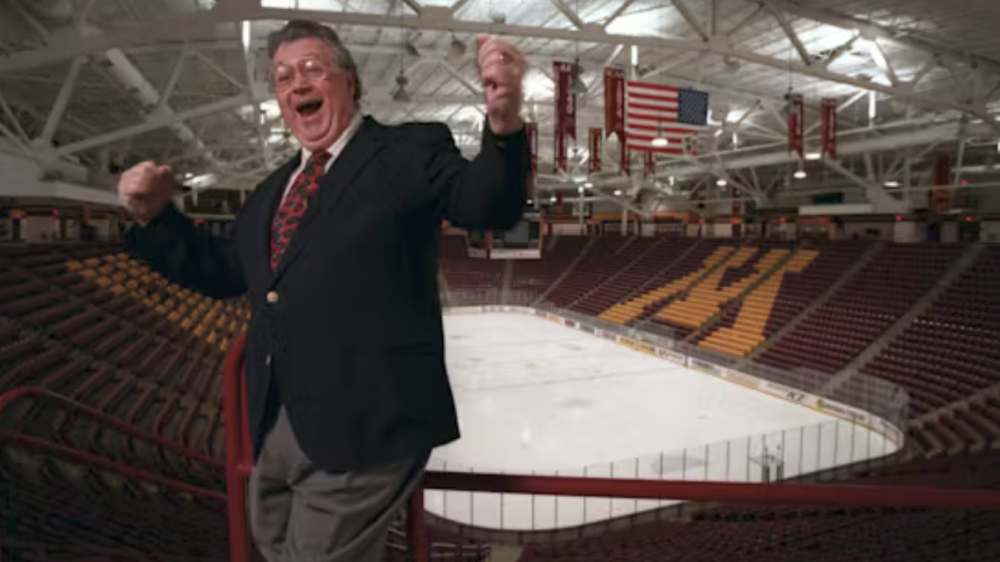The umpiring crew. When they’re doing their jobs properly, you don’t notice them. When they screw up, they’re raked through the coals and blasted by fans. MLB Network’s documentary The Third Team: All-Access 2014 World Series (airing December 12th at 9 PM ET) does a great job at showing that baseball’s umpires are human and that they deeply care about doing their jobs correctly, regardless of what observers may think.
The Third Team gives viewers a behind the scenes, all-access look at the umpiring crew assigned to the 2014 World Series. We hear the emotion in the voices of the four first-time World Series umpires selected by MLB executive Joe Torre. We see the camaraderie the crew has with one another. We see how hard the crew works to get the calls correct, and how they strive to be right. I think all of that is something we end up forgetting while watching sports – the umpires don’t want to be the center of attention. They simply want to do their jobs the best they can.
I especially enjoyed the few moments during the film when instant replay was needed. We got a really cool look inside of MLB’s mission control room in New York, with replay umpires Jeff Nelson (for games one and two) and Jerry Meals (for games three through seven) surrounded by monitors, scrutinizing the challenged plays from every possible angle. When there’s one game going on, like during the World Series, every resource in the replay booth is devoted to reviewing that one challenged play. On a night when 15 games are going on, if multiple challenges happen at once, it’s understandable to see why the reviews may take longer than expected.
Another thing I thought was pretty cool – the moments where the crew interacted with players. All of the umps were mic’ed up during the series, and there were a few times when they talked with players about a variety of things. During Game 7’s replay review, there was banter at first base with the Giants infielders that were involved in the play. With Mike Moustakas standing on second during a pitching change in Game 6, he chatted about how many tickets he had to leave with an umpire who also had to leave quite a few. Both catchers, Buster Posey and Salvador Perez, enjoyed series-long relationships with all of the umpires because of their proximity to the umps at home plate.
There’s also an emotional segment with Hunter Wendelstedt, working his first World Series. Wendelstedt’s late father Harry was a long-time MLB umpire who worked five World Series, and his son gave him an All-Star ring after he worked his first All-Star Game in 2011. The younger Wendelstedt vowed to give his father a World Series ring to go with his All-Star ring, but he passed away in 2012. Hunter talked about having his father’s five World Series rings and the All-Star ring he gave to his dad, and said that he’d be getting a second World Series ring to put with his father’s rings. He also symbolically retired his father’s indicator and brush after working behind the plate in Game 4.
MLB Network usually brings the heat with their all-access documentaries, and this isn’t an exception. Umpiring crews often drift along without getting noticed until they screw up. This documentary helps explore the personal side of these umpires, and really shows us all that they’re not awful people that hate your team – they love the game just as much as everyone else on the field, and just want to do their jobs.







